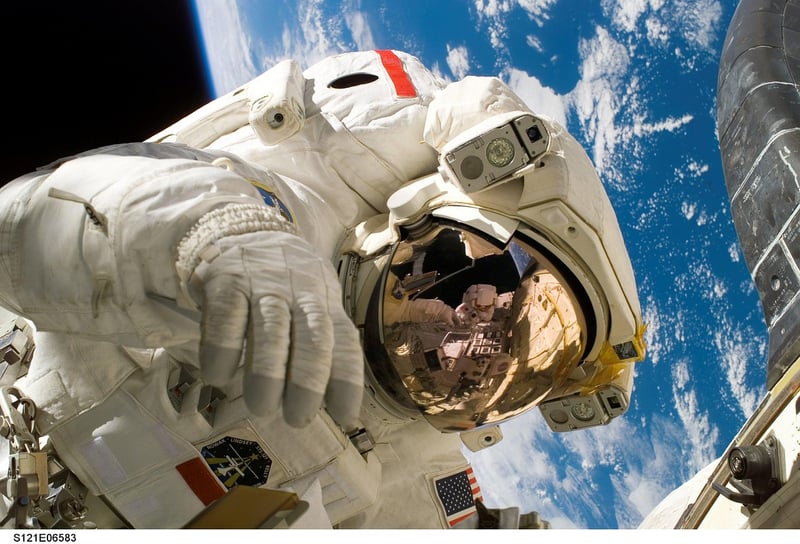Astronaut Health
Living in Space: A Guide to Astronaut Health
Living in space is an extraordinary experience that comes with unique challenges, especially when it comes to maintaining astronaut health. Astronauts who spend extended periods in space face a range of physical and mental health risks that require careful consideration and management.
Physical Challenges in Space
The microgravity environment of space can have profound effects on the human body. Astronauts may experience muscle atrophy, bone density loss, cardiovascular deconditioning, and fluid shifts that can impact their health and performance. To counteract these effects, astronauts engage in regular exercise routines and follow specialized diets.
Exercise in Space
Exercise is a crucial aspect of astronaut health in space. On the International Space Station (ISS), astronauts use specially designed exercise equipment such as treadmills, stationary bikes, and resistance machines to maintain their physical fitness. Regular exercise helps prevent muscle and bone loss and supports overall health during long-duration missions.

Mental Well-being
Isolation, confined living spaces, and the unique stressors of space travel can take a toll on astronauts' mental health. Maintaining good psychological well-being is essential for the success of a space mission. Astronauts receive training in stress management techniques and have access to counseling and support services while in space.
Sleep in Space
Quality sleep is critical for astronaut health and performance. In the microgravity environment of space, astronauts may experience disruptions to their sleep patterns. To ensure adequate rest, astronauts have designated sleep quarters with sleeping bags, eye masks, and other tools to create a conducive sleep environment.

Health Monitoring
Continuous health monitoring is a vital part of astronaut care in space. Astronauts undergo regular medical check-ups, including monitoring vital signs, conducting blood tests, and assessing bone density. This data helps healthcare professionals on Earth track astronauts' health and make any necessary adjustments to their care.
Telemedicine
Telemedicine enables astronauts to receive medical consultations from healthcare professionals on Earth in real-time. Through video conferences and remote monitoring equipment, doctors can assess astronauts' health status, provide medical guidance, and even conduct certain procedures when needed.

By addressing the physical and mental health needs of astronauts in space, space agencies can ensure the well-being and success of their missions. The advancements in astronaut health management not only benefit space exploration but also contribute to our understanding of human health and adaptation to extreme environments.
Explore more about astronaut health and the challenges of living in space to appreciate the dedication and resilience of those who venture beyond our planet.
